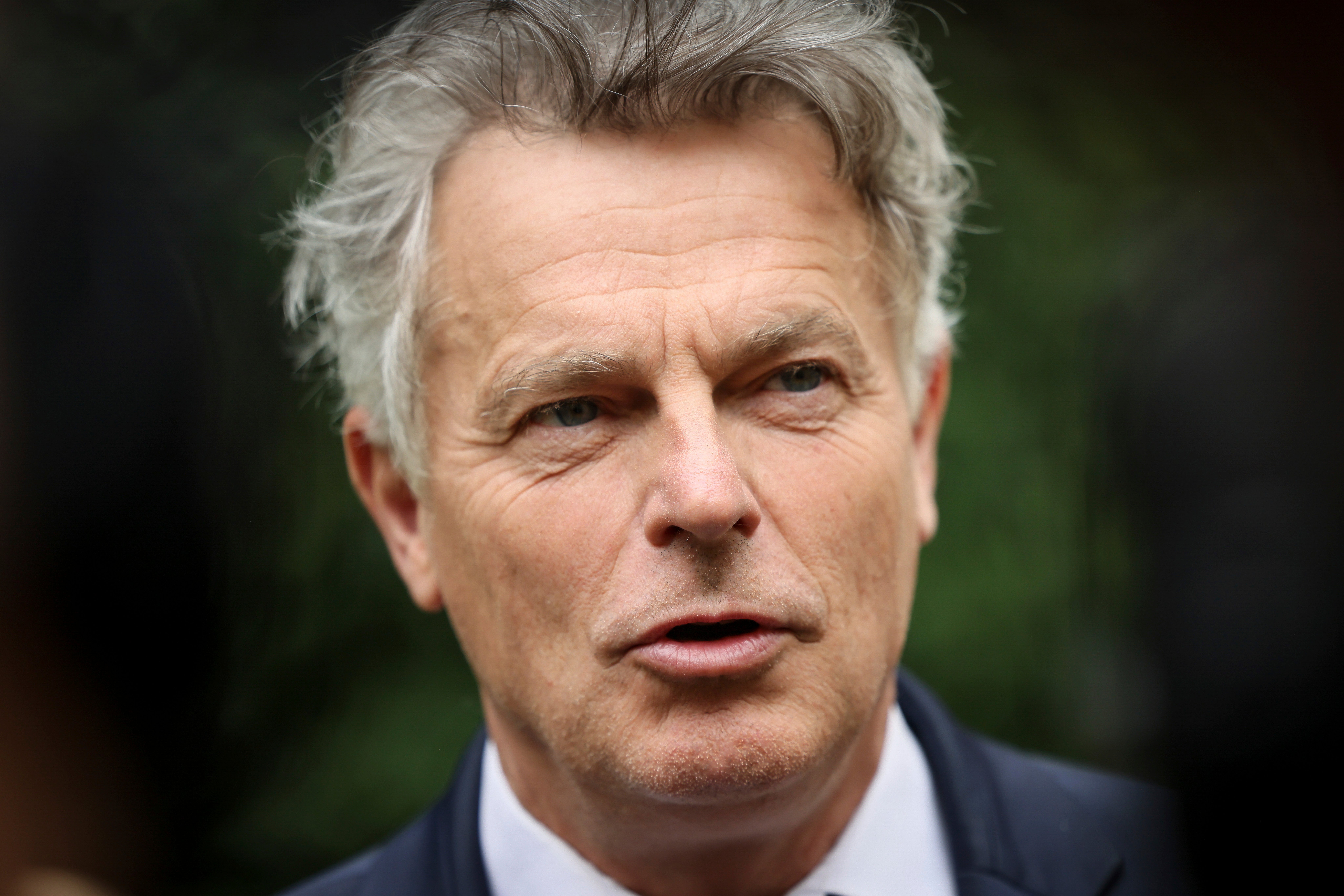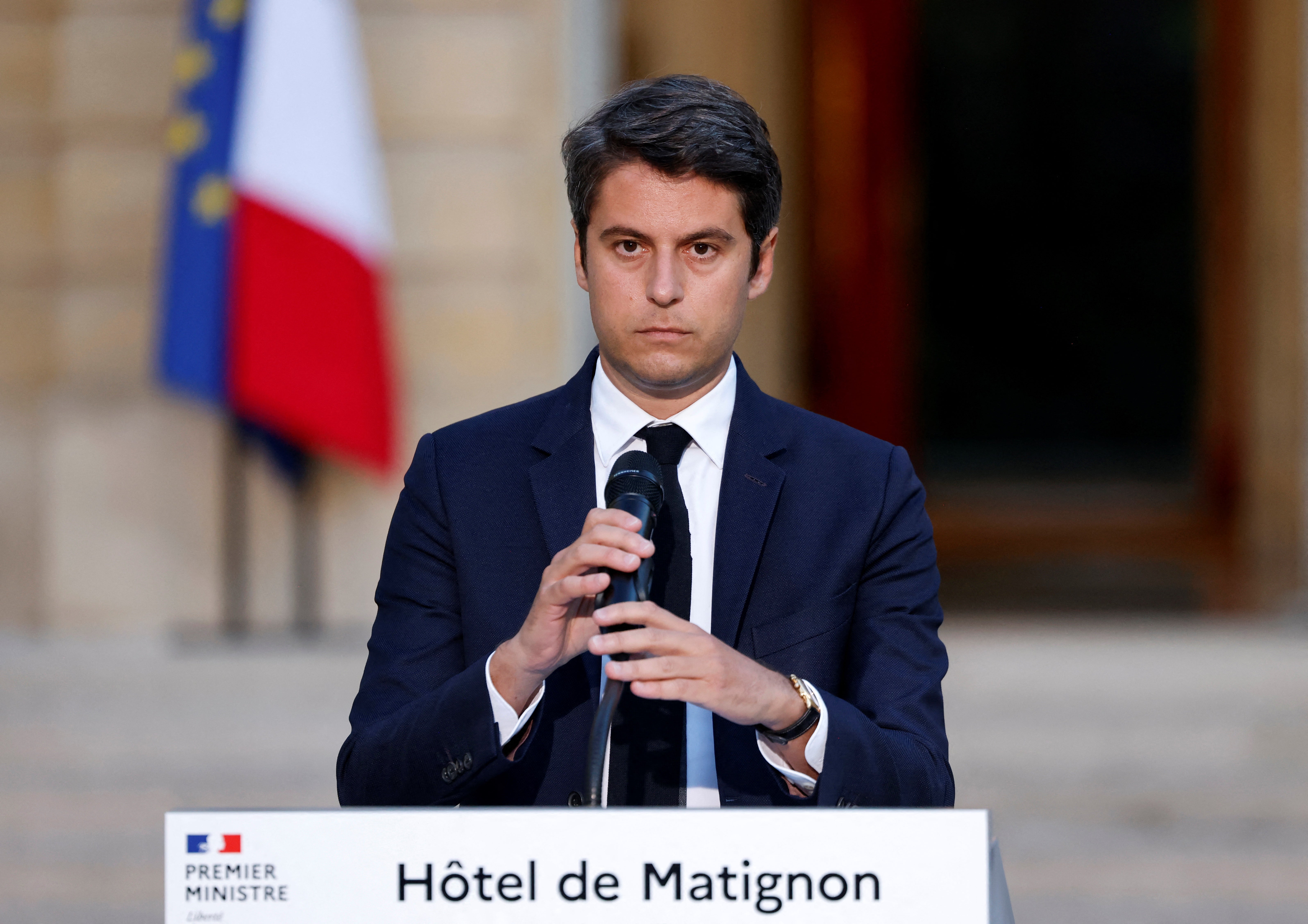Bitter division over possible PM could ‘shipwreck’ left-wing alliance in France
The New Popular Front won a surprise 28 per cent of the vote to gain the most seats in a hung parliement, but years of tensions are resurfacing in the hastily arranged coalition

Your support helps us to tell the story
From reproductive rights to climate change to Big Tech, The Independent is on the ground when the story is developing. Whether it's investigating the financials of Elon Musk's pro-Trump PAC or producing our latest documentary, 'The A Word', which shines a light on the American women fighting for reproductive rights, we know how important it is to parse out the facts from the messaging.
At such a critical moment in US history, we need reporters on the ground. Your donation allows us to keep sending journalists to speak to both sides of the story.
The Independent is trusted by Americans across the entire political spectrum. And unlike many other quality news outlets, we choose not to lock Americans out of our reporting and analysis with paywalls. We believe quality journalism should be available to everyone, paid for by those who can afford it.
Your support makes all the difference.Leaders in the left-wing alliance that surprisingly won the most seats in France’s snap election have warned that the coalition could face “shipwreck” if it does not end the bitter fighting over a possible prime minister.
Communist Party leader Fabien Roussel said the New Popular Front (NFP) alliance’s victory – which includes the socialists, communists, Greens and the radical left France Unbowed (LFI) – would become a “shipwreck” if a solution was not found in the next few days.
“If we don’t manage to find a solution in the hours, the days, to come, it would be a shipwreck,” Mr Roussel told BFM TV, describing the state of talks among left-wing parties as “deplorable”.
The NFP was hastily assembled before the snap election, called by the president Emmanuel Macron after his centrists were soundly beaten by the far-right National Rally (RN) of Marine Le Pen in European elections. Tactical voting to block the RN pushed the left-wing alliance to a leading 28 per cent of the vote in a shock result. Mr Macron’s centrists finished second and Ms Le Pen’s party were pushed into third in the second and final round of voting earlier this month. The RN had topped the first-round vote.
The NFP won around 180 seats in the 577-seat parliament, Mr Macron’s centrist alliance around 170 and the RN and allies around 140. That leaves every party more than 100 seats short of an absolute majority of 289.

Years of tensions between the parties in the leftist alliance have resurfaced over who could run a possible left-wing government. Complicating matters, the president has called on mainstream parties to forge an alliance to form a government, an option that would include some of the NFP but exclude France Unbowed.
The left-wing bloc, whose main proposals include reversing Mr Macron’s pension reform and capping prices of key goods, will need some kind of agreement with lawmakers from outside the bloc if they are to govern.
Meanwhile, Mr Macron was likely to accept the resignation of his current government, led by centrist Gabriel Attal, to enable ministers who were elected as lawmakers to sit in parliament when it convenes on Thursday.
Mr Attal submitted his resignation to Mr Macron just after losing the election. The president initially rejected his resignation.

This would allow Mr Attal and other members of the government, including interior minister Gerald Darmanin, to sit in parliament and take part in the election of the parliament’s president on Thursday.
The government would stay in place in a caretaker capacity until a new cabinet is appointed. It would be able to run current affairs and emergencies but not submit new laws to parliament – not even the annual budget – or make any major changes, experts say.
Running current affairs would include making sure that the Olympics, which start on 26 July, run smoothly. There have been caretaker governments before in France but none has ever stayed on for more than a few days.
Who becomes president of the assembly, equivalent to a speaker responsible for organising the chamber’s agenda and running debates, is crucial at a time when it is still unclear who will run the government.
“Never before has the election of the president of the assembly held such a political significance,” Eurointelligence analysts said. For the left, they said, the aim was to show it “has what it takes to command a majority in the assembly. For the centrists, it is to demonstrate the opposite.”
Reuters contributed to this report
Join our commenting forum
Join thought-provoking conversations, follow other Independent readers and see their replies
Comments